While looking forward to 2020, the editorial team at Research Matters looks back on some of the interesting stories that we published during 2019. There were many interesting ones ranging from the first photograph of a black hole to air pollution in Delhi to using vibrations for painless injections. Here is a list to highlight India's year in science during 2019. This is in no way ranked and the order is just incidental.
Researchers find early warning signs of diabetic kidney disease and pave the way for personalised treatment.
Mumbai/

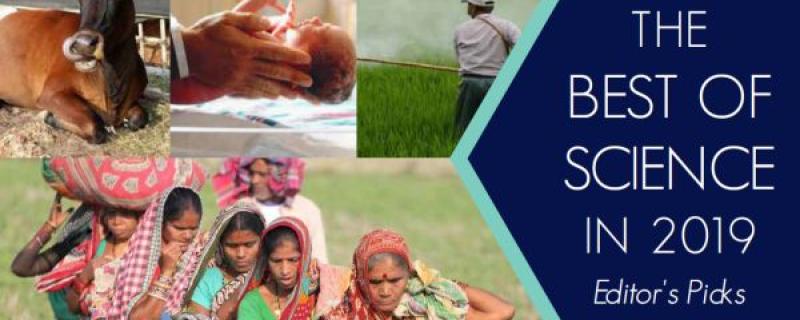

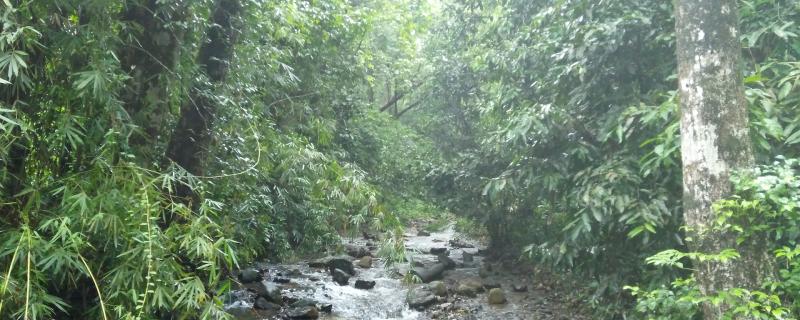
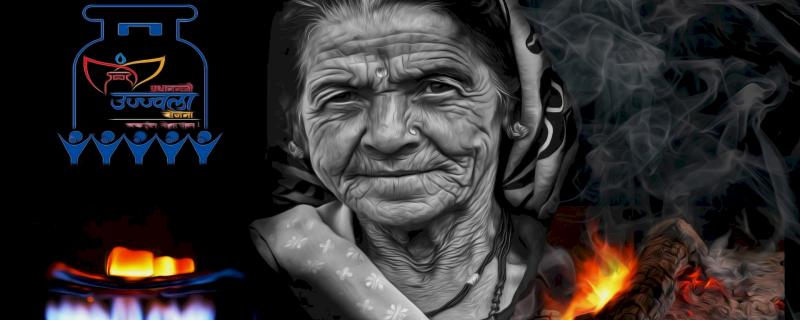
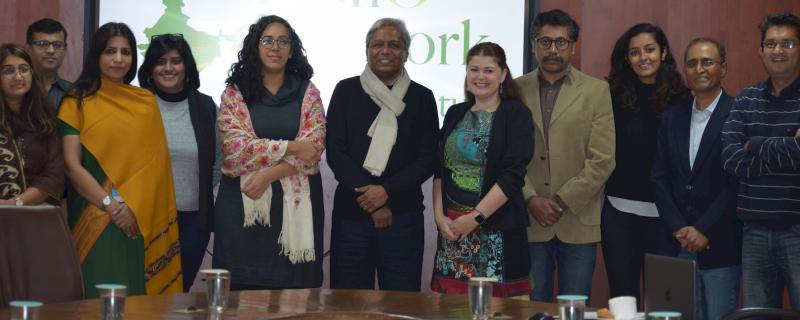
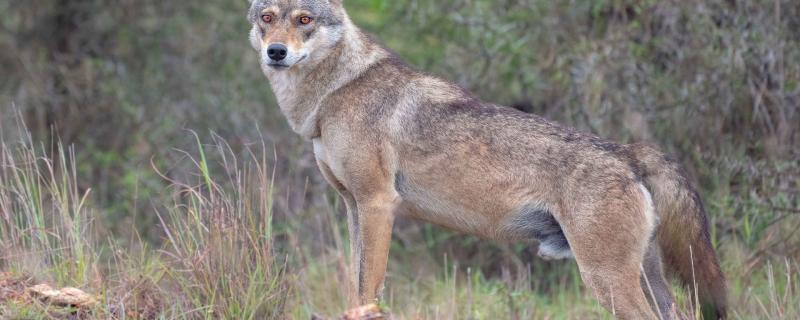
![Indian queenless ant (Diacamma indicum) [Photo Credit: Kushankur Bhattacharya, Ant Lab, IISER Kolkata] For these ants, the road to their new nest is almost never long](/sites/researchmatters/files/styles/large_front_800x320/public/diacama_indica_3.jpg?itok=SKMIaQCS)


![Zebrafish (Danio rerio) Image credits [By Azul - Own work, Copyrighted free use, https://commons.wikimedia.org/w/index.php?curid=260841] Study shows zebrafish use visual cues to find food in turbid water](/sites/researchmatters/files/styles/large_front_800x320/public/zebrafish.jpg?itok=YeFxEM_0)